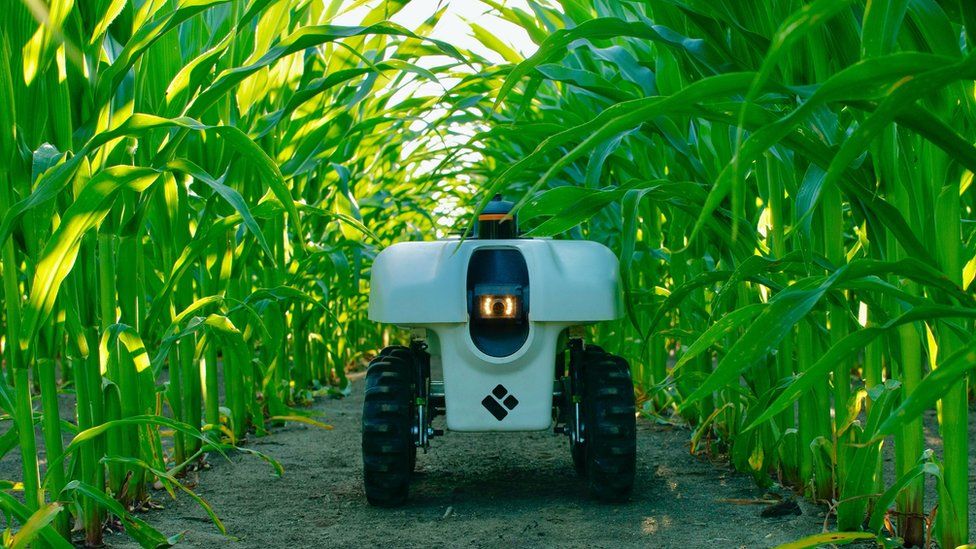New guidance launches to support safe and secure use of crop robots in farming UK
A code of practice designed to support the safer use of tools that can help farmers operate more sustainably, address labour shortages and respond to global demand for more intensive crop management has been published by BSI.
The guidance on autonomous mobile machinery (AMM), including crop robots in agriculture and horticulture, has been developed to enable farmers, horticulturists, government agencies, autonomous mobile machinery manufacturers, importers and distributors and other users to take advantage of available technology. Since the World Resources Institute estimates that farmers will need to produce around 60% more food by 2050 to serve the world’s growing population, having access to these tools could be crucial to help them improve sustainable food production and meet rising demand.
Use of autonomous mobile machinery in agriculture and horticulture – Code of practice (BS 8646:2023) provides guidance around the safety and risk management processes that can be applied to farming operations, information on instructions and training for safe operation and maintenance of AMM and advice on farm planning, including hazard controls and emergency preparedness.
This follows a global drive towards uptake of AMM in agriculture and horticulture to support labour shortages and a need for more intensive crop management. In February this year, the UK Government pledged £168m in funding to help encourage the development of new technology and innovative ways of farming, with a focus on practical solutions that advance food productivity and deliver significant environmental and animal welfare benefits, including robotic technology.
Despite the benefits, use of AMM can also present risks, especially when integrated with staffed farm operations. This new standard provides best practice guidance on their introduction and safer use, whilst encouraging wider adoption of AMM, particularly in smaller enterprises.
As set out in BSI’s recent white paper on Smart Farming, with agriculture contributing an estimated 19-21% of global carbon emissions, technology can address many pressing challenges. For example, data analytics solutions, such as sensing the moisture level of soil, could increase crop precision and accuracy, while robotics technology is already being used to take on tasks like fruit picking.
Sebastiaan Van Dort, Associate Director, Sustainability & Energy at BSI said: “Smart farming can bring huge benefits to society, including more economic production of crops, sustainable production and greater food security, as well as helping the agriculture sector to meet Net Zero targets. However, owners and operators of AMM also need to feel sure that the introduced technology is used safely.
“Using IT including robotics has the potential to accelerate progress towards a sustainable world while delivering higher, more profitable growth and improved food quality. This new code of practice can facilitate the development of the AMM manufacturing sector, helping to protect the future of farming and benefit us all.”
BS 8646:2023 also clarifies roles and responsibilities of owners and operators, designers and manufacturers and importers and distributors to reduce uncertainties.
The committee included representatives of Harper Adams University, JCB, The Ramblers Association, Innovate UK, John Deere, Agriculture and Horticulture Development Board, AEA - Agricultural Engineers Association, HSE - Health and Safety Executive, Small Robot Company, Institution of Agriculture Engineers, University of Lincoln and the National Farmers' Union.
For more information, or to download the standard please visit BSI Knowledge.




